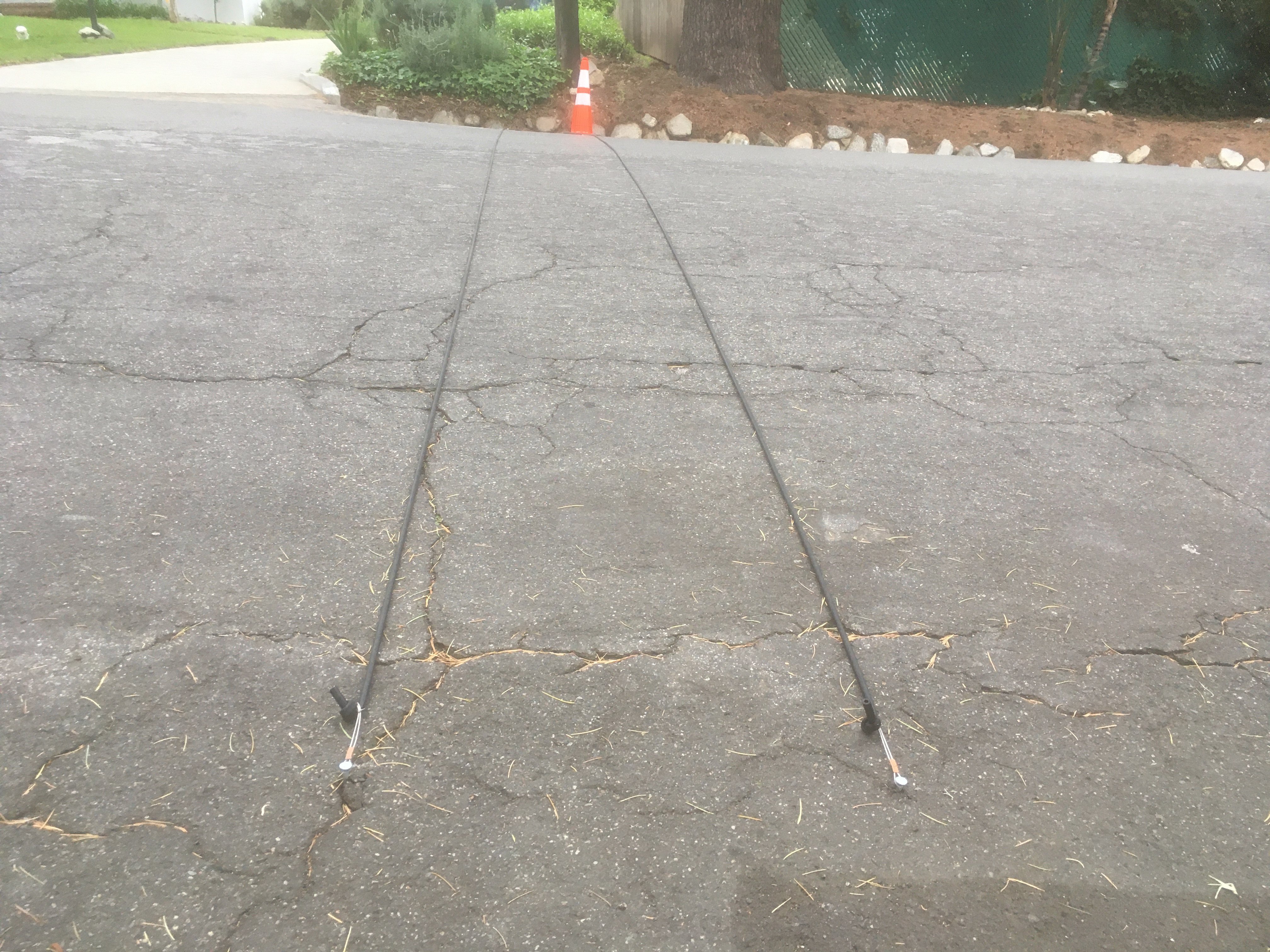this post was submitted on 28 Apr 2024
168 points (98.3% liked)
What is this thing?
6602 readers
3 users here now
Let us help you identify that mysterious object you’ve found.
Currently in CHALLENGE mode: If you've got something obscure knocking about, post a picture, and let's see how we do. Please prefix such posts with "CHALLENGE:" so we know we've got a fighting chance.
founded 2 years ago
MODERATORS
you are viewing a single comment's thread
view the rest of the comments
view the rest of the comments

Since I have neither the time nor the inclination to read it, but I do have a question- can you answer it? Quit record if you just jumped on it? Or you and like five friends?
Pretty sure it'll be seen as noise and ignored. The algorithms aren't perfect but they're pretty tight and look for specific things. Unless you can emulate with a reasonable level of accuracy what is looking for it'll just ignore what you do.
There's a timing tolerance you can program. So if you only want to count double axles or get the speed data based on a presumed axle spacing, you can program that in. But, if you feel you must spoof it, listen to the sets of tires as they cross the hose and match that timing while stomping on the hose. You need to stomp pretty hard to get the hose to compress enough and you need to generate an air hammer pressure wave within the hose. This and the intensity is what is measured by the device and recorded as an event.
But these modules are left for weeks to months. So if the counts are all in the, let's say, 300 range daily but then one single day shows 1000, that day's data is typically removed from the set. Outliers can happen for all kinds of reasons (e.g. failure, hose break, weather, loss of solar power, unusual or atypical activities, children young and old). So, if the counts are wildly different than prior years' counts, daily/weekly/monthly inconsistent, beyond comprehension, or obviously defective; they can set up more than one device if they need and some devices can receive more than one input. They can also program the device with multiple inputs to only record data within a specific range of parameters. So there are lots of ways to limit the shenanigans in the data.
And you'd be surprised at how much traffic some roads get. Even some residential roads would see thousands daily. So if you really want to bump up the priority of the road, you would be better off driving over it all day, every day until it was removed; because you'd destroy your leg trying to stomp on it that many times. And you'd have to do this on all adjacent and feeder roads to support that data. And you'd have to ensure that you do this every year until you recognize the desired effects of your endeavor, and then you'd have to continue this practice in perpetuity. Or the jig is up!
Drive over it very slowly a few hundred times